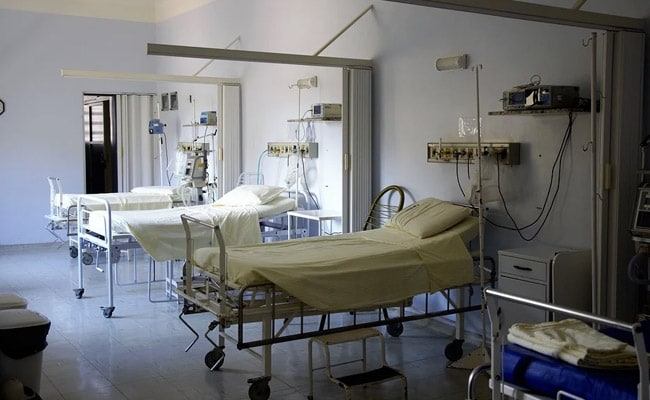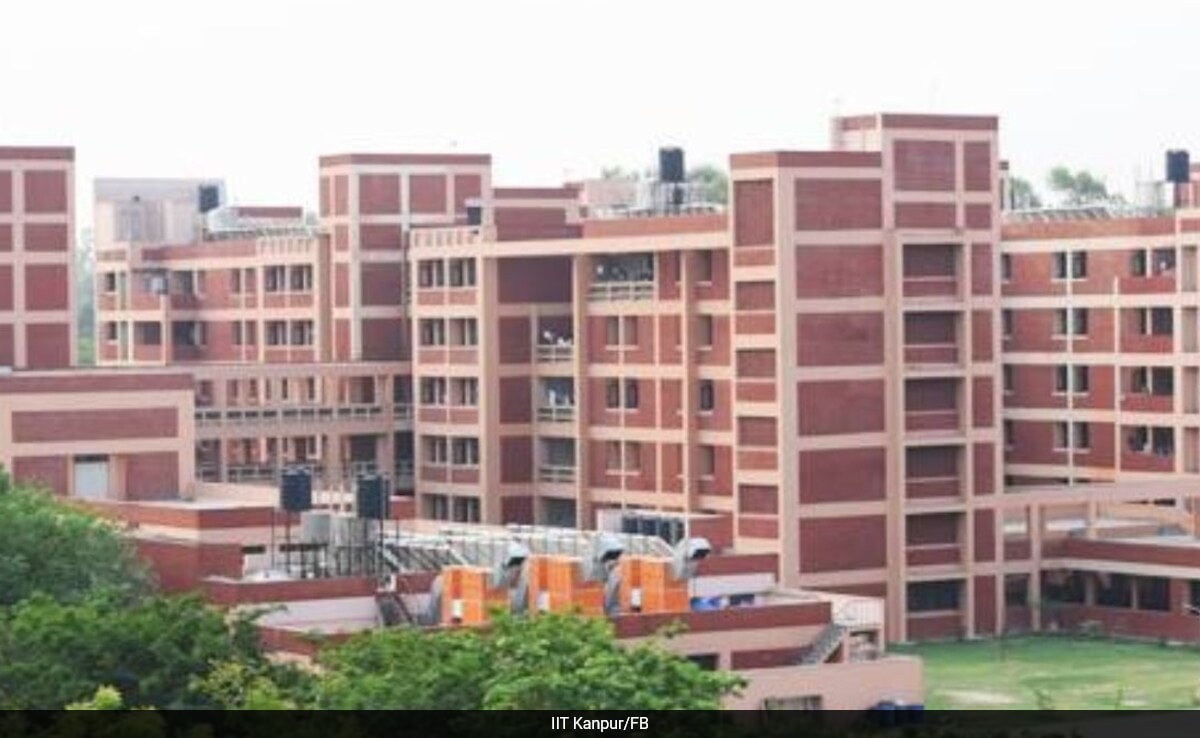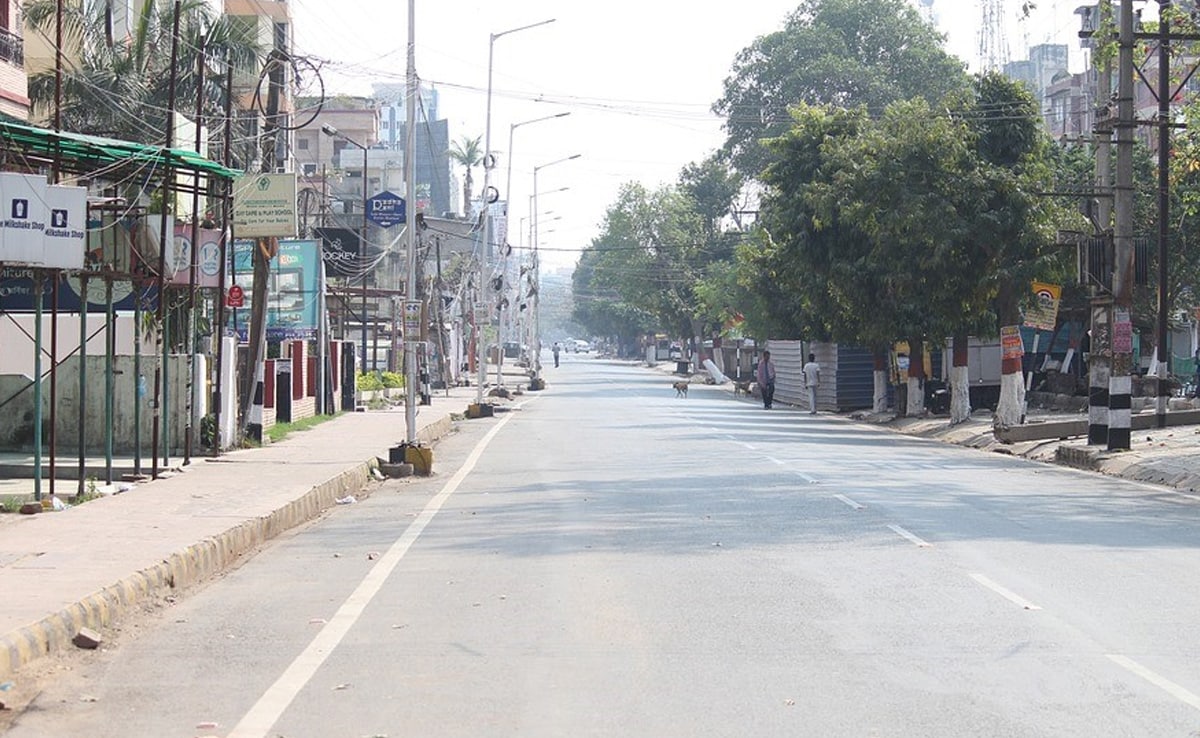The Delhi High Court on Wednesday said it wanted to “help” the city government fix the state of its hospitals and not get into “blame game” but correct facts with respect to the ground reality must be placed before it.
A bench headed by Acting Chief Justice Manmohan expressed its displeasure over the “misleading” information provided to it on the functioning of medical equipment in GTB hospital and said it wanted to ensure that there was a “structural reform”.
The court issued notice to UPSC, DSSB and the Services department after it was informed about the issue of vacancies and lack of manpower in the hospitals and also suggested setting up a committee of doctors to come up with a solution.
“We want to help Delhi government in fixing things. If you don’t give us the correct position, it is very difficult to help you. We are not entering into blame game. Here (on paper) everything looks hunky-dory but on ground people are denied admission,” said the bench, also comprising Justice Manmeet PS Arora.
The court was hearing a PIL initiated by it on its own in 2017 concerning the issue of non-availability of ICU beds and ventilator facility in government hospitals here.
Earlier this month, the court was told that a man died after denial of medical treatment by three Delhi government and one Central government hospitals here on various pretexts including non-availability of ICU/ ventilator bed or CT scan.
The man was stated to have been taken to Delhi government’s Jag Pravesh Chandra Hospital, Guru Teg Bahadur Hospital and Lok Nayak Hospital and Centre’s Ram Manohar Lohia Hospital.
Delhi government on Wednesday submitted a report to the court showing the state of the medical equipment in its hospitals as well as vacancies and other issues.
Amicus curiae and advocate Ashok Agarwal said the Delhi government has not provided information with respect to all its hospitals.
After noting that the CT scan machine at GTB Hospital was stated to be “functional but not working at full capacity”, Justice Manmohan remarked that the report was meaningless.
“You refused a patient and he died. That can’t be. Your affidavit is meaningless. Is it working at ground level? You are refusing patient on the ground that CT scan is not working. Chart says it is working. It is misleading,” the court said.
Delhi government counsel assured the court that “health has always been a priority” for the government and four big hospitals with over 3,200 beds were proposed to come up in two-three years in Siraspur, Madipur, Jwalapuri and Hatasal and around 5,000 beds were also being added to the bed strength in existing hospitals.
He also assured the court that there was proper allocation of funding to the hospitals, saying “money is not a problem”.
The counsel, however, stated that “real problem” was lack of manpower and several posts of doctors were lying vacant with 78 per cent vacancy in radiology and 50 per cent in neurosurgery. He added that a PPP model that was adopted for a hospital for availing the services of radiologists should be extended to all hospitals.
The court suggested setting up a committee of doctors to examine the hospitals run by the city government as a way forward.
Stating that the court was “no one to advise”, Justice Manmohan said, “We can set up a committee of doctors to examine the Delhi government hospitals and come out with a solution if you are agreeable. Doctors will understand what the problem is.” “Think about it. Talk among yourselves,” the court told the counsel for the Delhi and Central governments and listed the matter for further hearing on February 5.
It also asked the principal secretary (health) to remain present.
In the document given to the court, Delhi government said it was monitoring its health infrastructure to be at a similar pace with the growing population and sought directions to expedite the recruitment process for healthcare professionals and allow hiring of contractual doctors and paramedics.
However, at present, out of 735 sanctioned posts of non-teaching specialists, 287 posts i.e. 39 per cent of the total sanctioned posts were lying vacant and specialties like radiology, neurosurgery & medicine, which are essential for managing critical care patients, have more than 50 per cent sanctioned posts lying vacant, it added.
The document further claimed that only 5 per cent ventilators/CT scan machines are non-functional at present and efforts were being made to make all machines fully functional.














